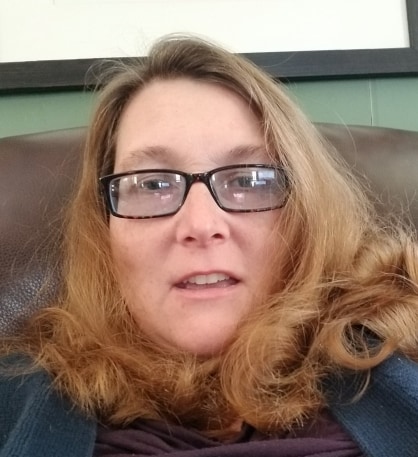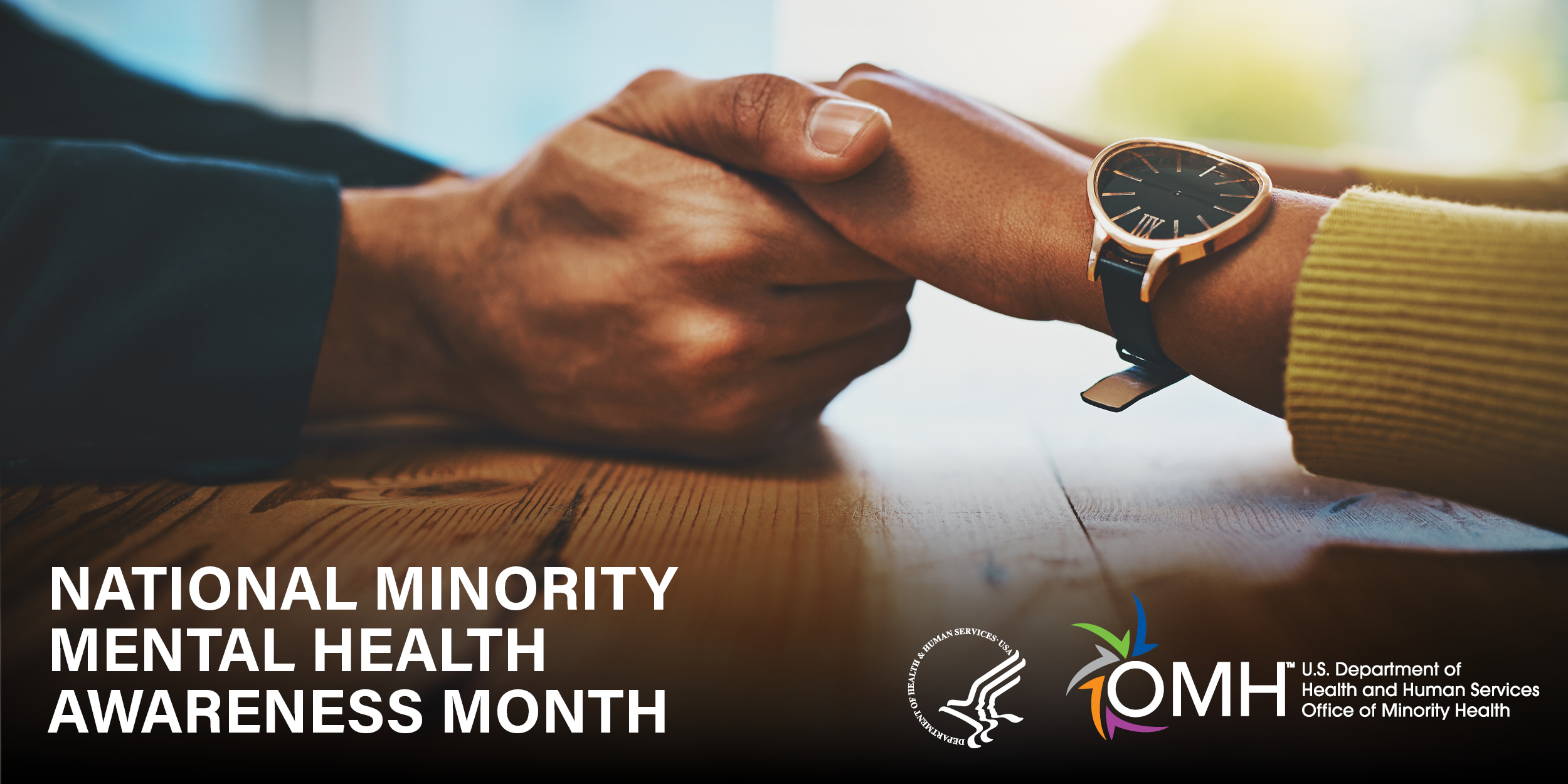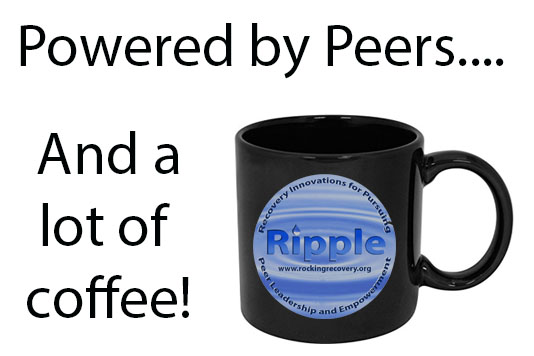
We have a slight change in our name, Recovery Innovations for Pursuing Peer Leadership and Empowerment is just a tad longer and is now, Recovery Innovations for Pursuing Peer Leadership and Empowerment, Inc. Ripple is officially incorporated, and now a legal entity. It has been a long road which started with our original board some six years ago. After our restructuring, new leadership, and successful relaunch in May of 2019, we gained the momentum to reach this goal. The incorporation took longer than expected due to the Covid-19 pandemic closing or limiting the response time of both lawyers and government offices. On Thursday, June 11th, 2020, We received an email confirmation that we had been issued our Employer Identification Number, also known as our EIN.
For those who may not know why this is such a milestone, the Employer Identification Number is necessary for such activities as opening a bank account, applying for business permits, hiring employees, applying for business loans, applying for a business credit card, and more. It was also one of the critical things we needed to move forward with the application for our nonprofit status through the IRS. We are happy to report that we should be able to take our place among the other peer-led nonprofit organizations before the end of the year.
A new face on the Ripple Board. One of the requirements for the nonprofit application was vital positions have active participants on our board. Jeffrey Santo, who was serving as President, assumed a role change and is now serving as our Executive Director. Chris Pochna, who you met in our Fall 2019 newsletter, has agreed to step up and is serving as our acting Treasurer. Desiree Barton, who was also introduced in our Fall 2019 newsletter, is now serving as Ripple’s Secretary. For several months this left the position of board President vacant. This was a significant obstacle to our application that was recently resolved. We are happy to welcome Marianne Jensen to the Ripple team.

Marianne Jensen has a long history of lived experience, and she had received treatment for depression, PTSD from a sexual assault that occurred when she was much younger. Despite these events in her life, she moved on, obtained a degree, and started her family. Later she was given a diagnosis of ADHD after having difficulty maintaining concentration on her job, staying at her desk, and not interrupting during meetings. Her co-workers immediately noticed the difference when she began taking medication without telling anyone.
All of her education and job successes came to a screeching halt in 2014 when she was diagnosed with obstructive hydrocephalus (a rare brain condition) and a brain tumor. She has since survived several brain surgeries but has been left with permanent brain injury and memory loss.
She struggled and began feeling “less than” or “not adequate” because of the brain injury. For a short time, it had gotten the better of her. In 2017 she was briefly admitted to the hospital for depression.
Page 1
Since then, Marianne has learned a lot and takes advantage of recovery resources and supports that she has discovered along the way, many more than she ever knew existed.
“I know I am not the same person I used to be. I can not remember the specific changes other than the obvious things, inability to work, drive, and use my memory. I have started re-writing my life. My new life, my new chapter because my book wasn’t finished. I didn’t understand that I was no closer to being finished with my life than when I was phasing out of kindergarten. Was that the end of my educational career? No!
There is still a whole life ahead of me. It will not be determined by my past, but by my current set of skills, desires, needs, and dreams. I started out small by volunteering to regain my confidence, and then I started working a small part-time job. Right now, that is all I can handle, and that is okay. I know my limits, and I know what I want and don’t want. I no longer have to live up to someone else’s rules or expectations. I am happy being me.”- Marianne

Black Lives Matter, so does their mental wellbeing and access to quality mental health care. July is National Minority Mental Health Awareness Month, and with so many voices speaking out on equality and justice, this is the time to make a change.
This observance started in 2008, and it was created to raise awareness around the struggles and obstacles underrepresented populations faced while trying to obtain or have access to mental health services in the United States.

In recent weeks protesters are taking to the streets, demanding to be heard. In many communities around this nation, people are finally starting to listen. While it is true that the Minority Mental Health Awareness Month encompasses more than the population in the black community, because of the overwhelming calls for equality, this is the ideal time to act. This July we have the potential to level the playing field, we can start the conversations needed to not only draw attention to this critical issue but also pave the way to create the much-needed change that must occur.
Access needs to be more available to people in all minority groups, and the statistics show it is needed now. According to the Substance Abuse and Mental Health Services Administration (SAMHSA):
- In 2017, 41.5% of youth ages 12-17 received care for a major depressive episode, but only 35.1% of black youth and 32.7% of Hispanic youth received treatment for their condition.
- Asian American adults were less likely to use mental health services than any other racial/ethnic group.
- In 2017, 13.3% of youth ages 12-17 had at least one depressive episode, but that number was higher among American Indian and Alaska Native youth at 16.3% and among Hispanic youth at 13.8%.
- In 2017, 18.9% of adults (46.6 million people) had a mental illness. That rate was higher among people of two or more races at 28.6%, non-Hispanic whites at 20.4%, and Native Hawaiian and Pacific Islanders at 19.4%.
Another marginalized population is the LGBTQ+ community. According to Mental Health America’s website, July is also promoted as BIPOC Mental Health Month. The site which can be found at:
https://mhanational.org/BIPOC-mental-health-month
They offer a downloadable toolkit that contains: Links to updated information on their website; Lists of resources specifically for BIPOC and LGBTQ+ communities; Handouts on racism and mental health and racial trauma, and much more.

Page 2
Coronavirus, social distancing, second wave? By now, no one is a stranger to things like face masks and hand sanitizer. It seems like only yesterday that these items were near impossible to find. In March, the World Health Organization declared the Covid-19 virus as a global pandemic. As of June 30th, there have been over 2.64 million cases in the United States and over 10.3 million cases worldwide. In America, we are seeing most states trending in the wrong direction. Our home state, Connecticut, along with Massachusetts, New York, and New Jersey are the only 4 in the nation who’s numbers are promising. Even so, it is essential that we continue to wear masks, wash out hands for at least 20 seconds, use hand sanitizer whenever possible, and practice social distancing.

Coronavirus Support groups and other activities are being provided by peers all around Connecticut. Ripple would like to thank the team of peers at Advocacy Unlimited, Toivo, and Join Rise Be. They have been providing Zoom based support every weekday and their Facebook pages they’ve hosted yoga classes, guided meditations, sound meditations, creative coloring, qigong, and more.
They host groups for both women and men via Zoom and have also used that platform to teach about individual advocacy as well as other topics. Some Zoom offerings have also provided CEU’s that can be applied towards the required training time needed to maintain a Recovery Support Specialist certification.
Back in May, Ripple was invited to make a short video for week three of Mental Health Awareness Month. The Southwest Behavioral Health Action Organization asked if we could share some of the ways peers are supporting one another during the Covid-19 pandemic. Advocacy Unlimited and Toivo were both specifically mentioned to highlight all of the fantastic work they have been doing.

A new resource is being added to RockingRecovery.org in the Crisis Intervention Services under the CT Resource Links page. Self-harm, sometimes called self-injury, is the description used when a person hurts themselves on purpose. Intentionally hurting one’s own body, such behaviors can include cutting, scratching, and burning of the skin. It is recognized as a harmful coping method associated with emotional pain, intense anger, and frustration. There are treatment options and support groups to help you through difficult times. The goal of this page is to guide you to people willing to help.

As with all other resources on our site, this page will be continuously updated as we become aware of the. We would also like to extend an invitation to you, help us spread the word about your organization. If you are not currently listed on our site, please let us know. The only requirement for a listing is that you provide services that ace accessible to Connecticut residence. If you already have a listing and fit into more than the categories you are listed under, again, let us know, and we will add you to the appropriate areas in the resource pages. Our site is truly is a community effort, and the more we can share with those in need, the stronger our community becomes. Please use the “Contact Us” tab on our website to reach out. Thank you!
Page 3
www.RockingRecovery.org

Ripple’s site, RockingRecovery.org continues to grow! We officially launched as a community resource on May 1st, 2019, and since that time, it has taken on a life of its own. The most visited section of this site is the CT RESOURCE LINKS page where we have hundreds of programs and services for people in Connecticut who need help. As of the publication of this newsletter, there are 49 categories leading to over 1050 links to providers who offer a combined 1,570+ resources within the state. This section of the site is icon-driven, which allows you to quickly scan through the services and find the help you need.
Over the last few months, several people have told us how impressed they are with the website, people who are involved with peer education have mentioned that they use it in their classes. We are both gratified and humbled that this is proving to be useful by the community, but we have a confession to make. The work and ideas being put into this website are not ours alone. Much of the creative influence of this site has come from people just like you.
Without the stories our peers have shared with over the last year, the site would be a lot more sparse. We not only understand the power of sharing our stories; we know the power of listening to yours. As a community, it is easy to see, the more we share, the more we grow.
One of our philosophies is you only need three things to help someone, hope, time, and compassion. It is our goal to show others out there that Connecticut offers a vast network of organizations, services, and programs for people living with mental illness and addiction… That they are not alone, and that people are willing to support them in their recovery.
Ripple’s mission is simple, as people with lived experience in the mental health and substance abuse services system, we seek to empower our peers. To use our voices to educate,

inform, and inspire new leaders in our community. We will bring new and innovative ideas to the recovery processes for the benefit of all. RockingRecovery.org is one of the tools that will help is be successful in that goal.
This website is made up of over 150 pages and has taken over 550 hours of work to get to where we are now. Currently, we are aware of more than a dozen agencies using our site to better serve their clients.
RockingRecovery.org has become a useful tool to help their clients get connected to outside services that improve the quality of their lives. We hope this will be picked up by more providers in the area and it can bring more help to those who need it.
A note from the webmaster:
RockingRecovery.org is a lot like a person’s recovery journey; it does not happen all at once, and at some points, it won’t go exactly as planned. We will hit obstacles and have setbacks, but with enough time, we will see our way clear and be able to move forward. It is our goal to create the most useful site possible for our community and peers. We will be continuously adding the CT Resource Links section and expect that it, just like recovery itself, will always be a work in progress.

Page 4



